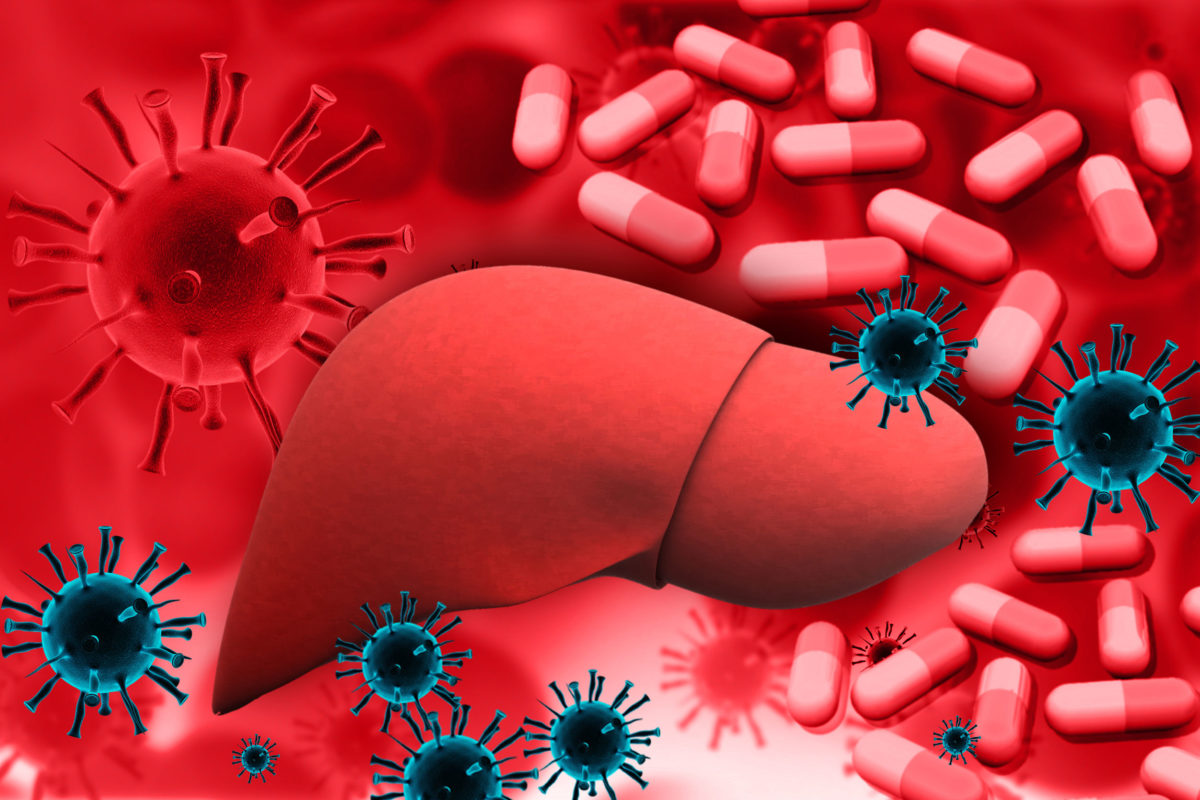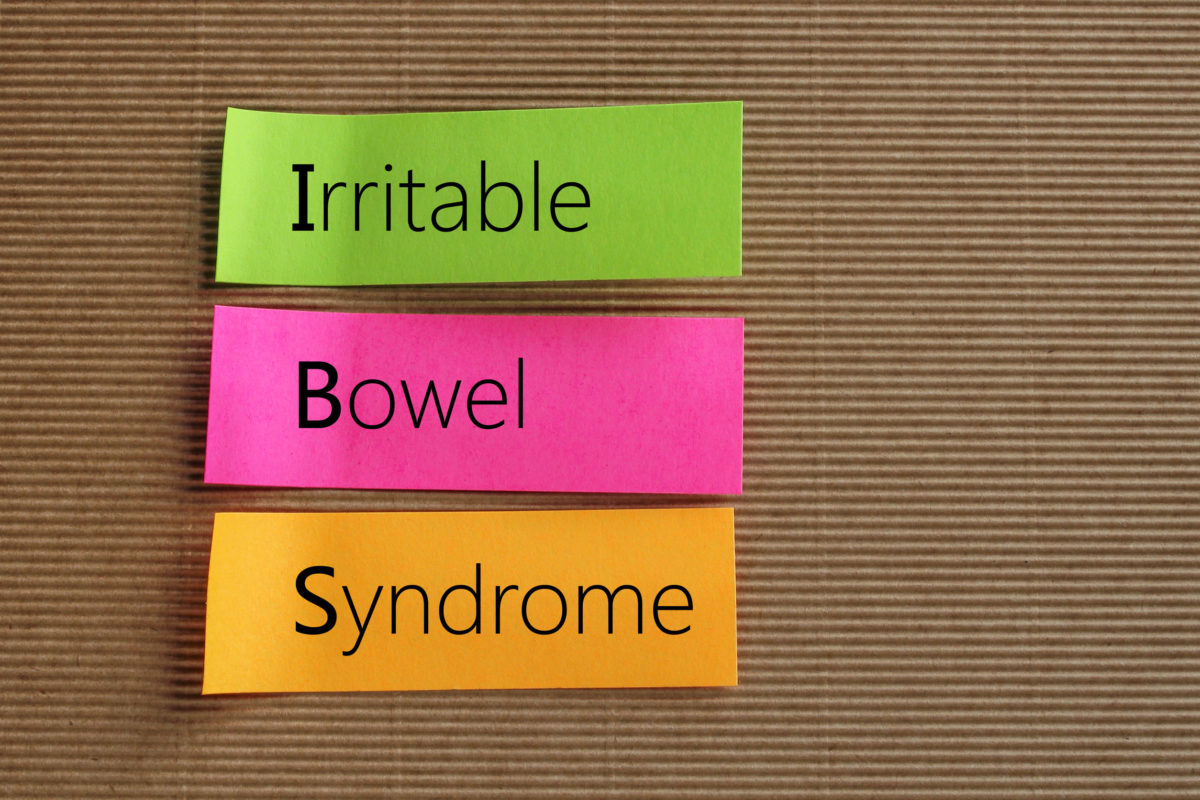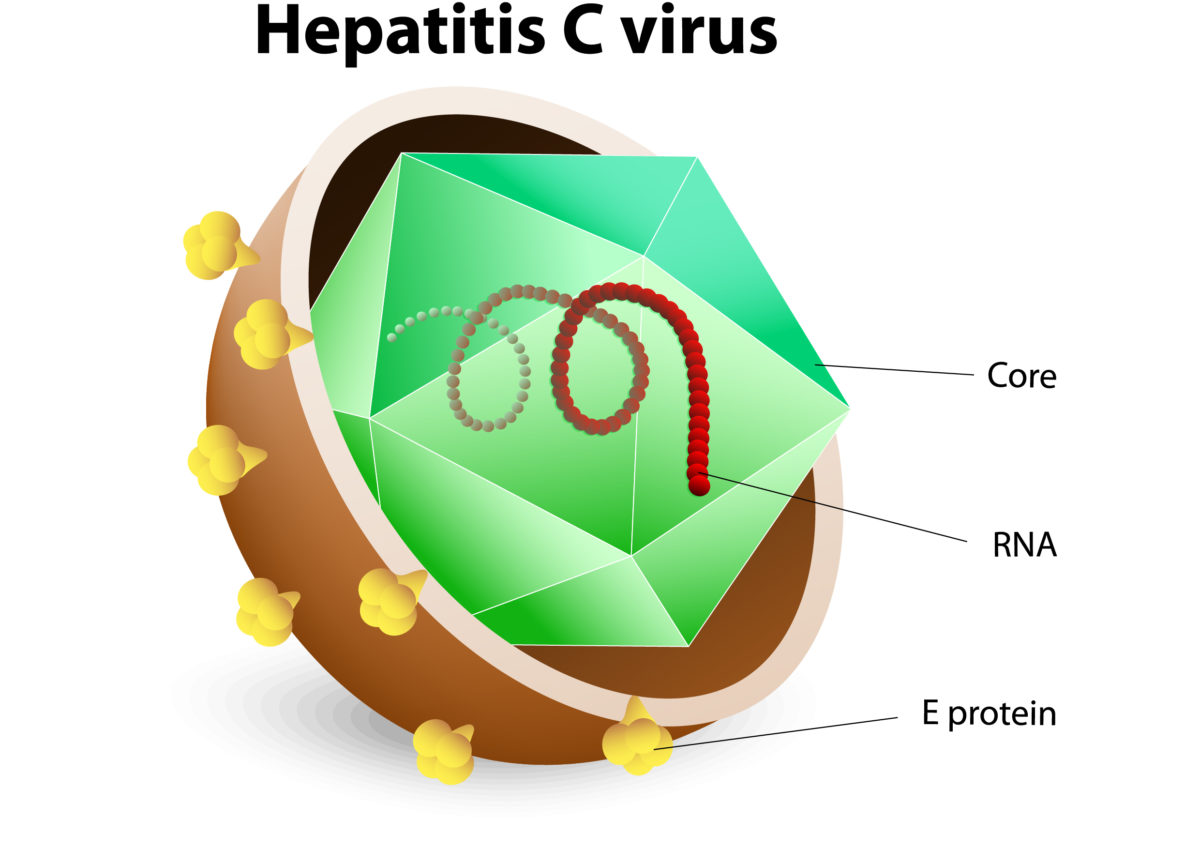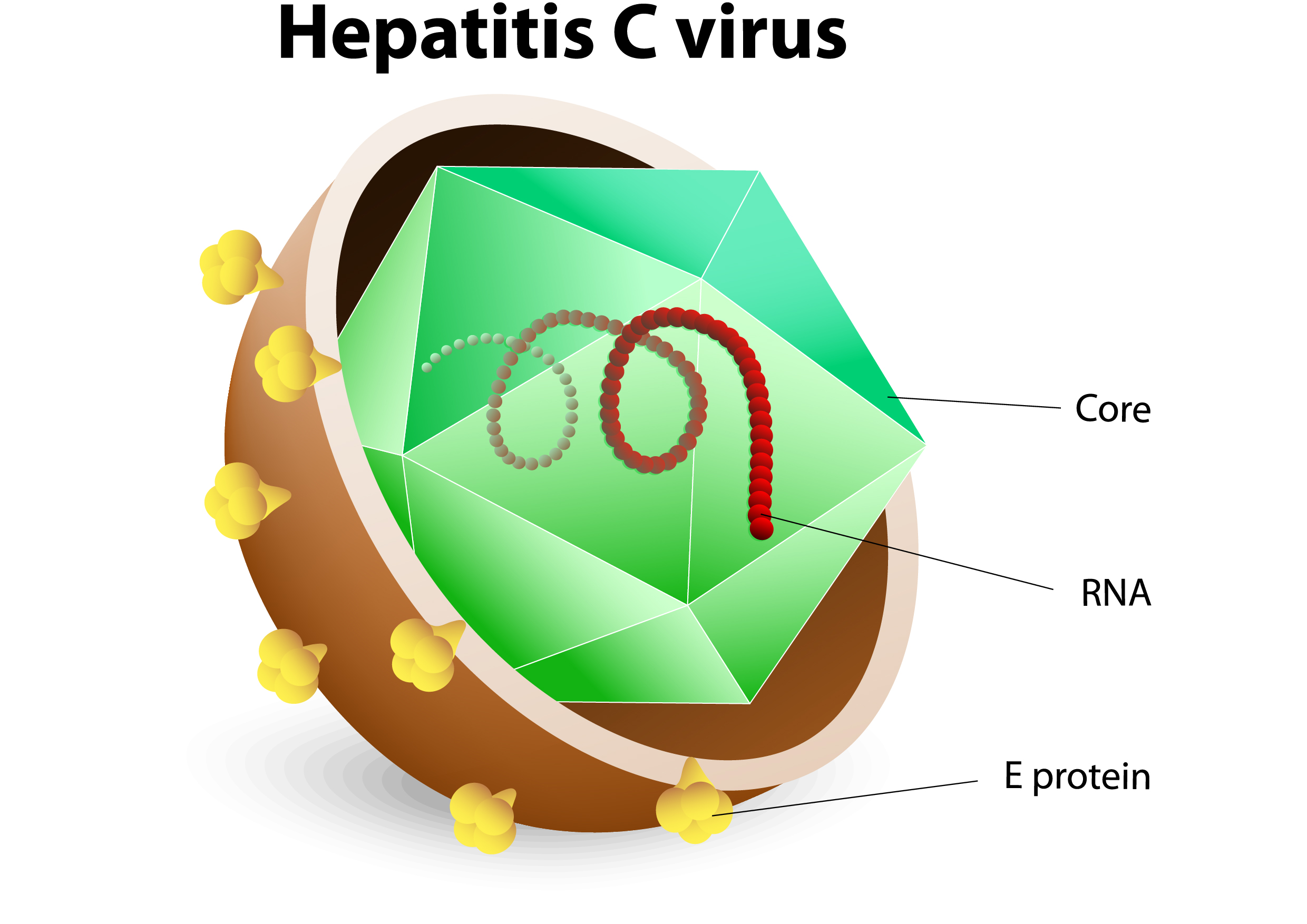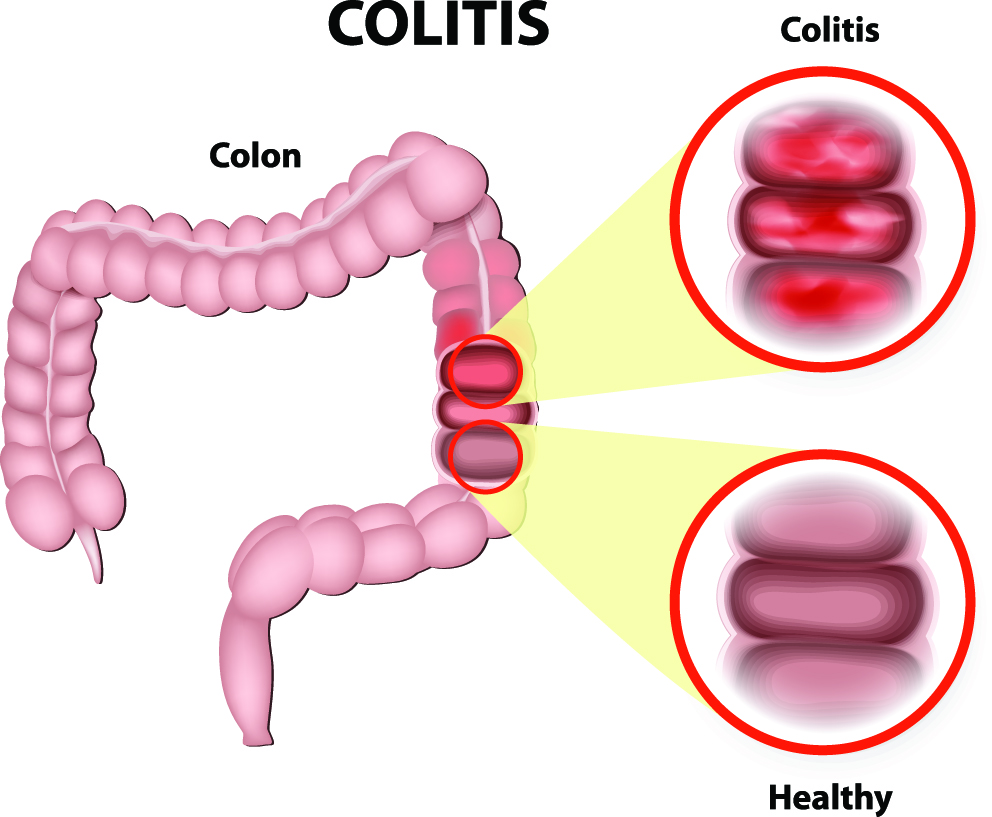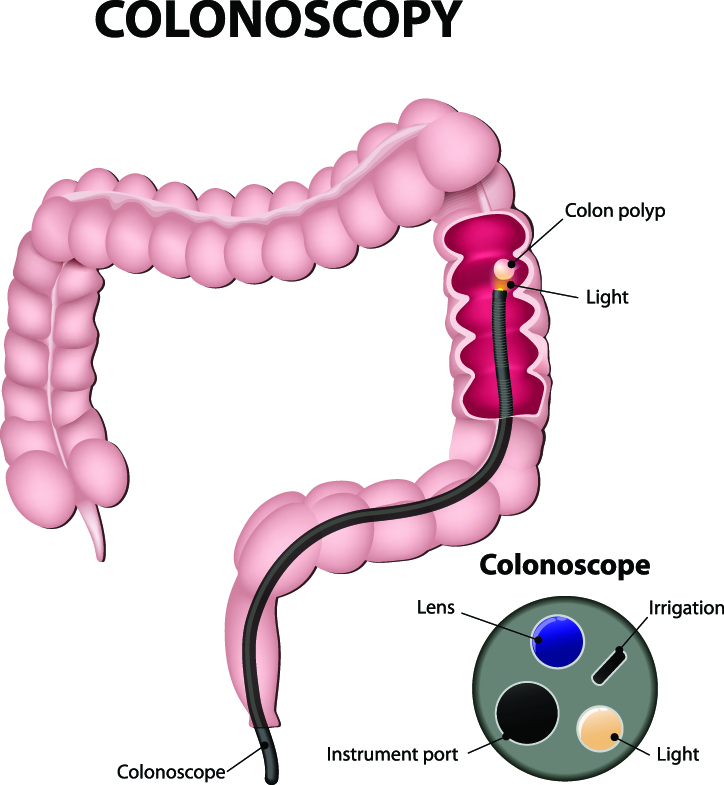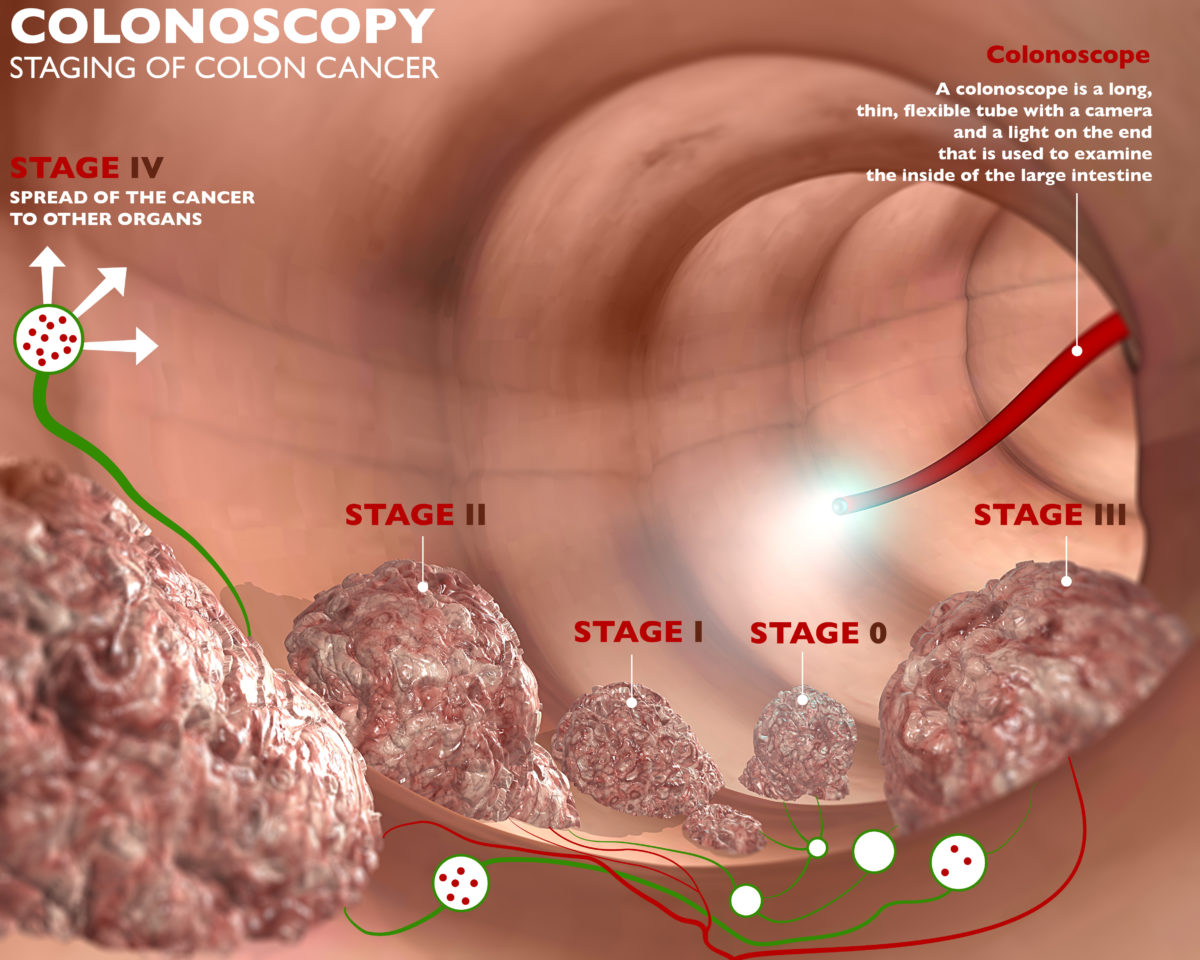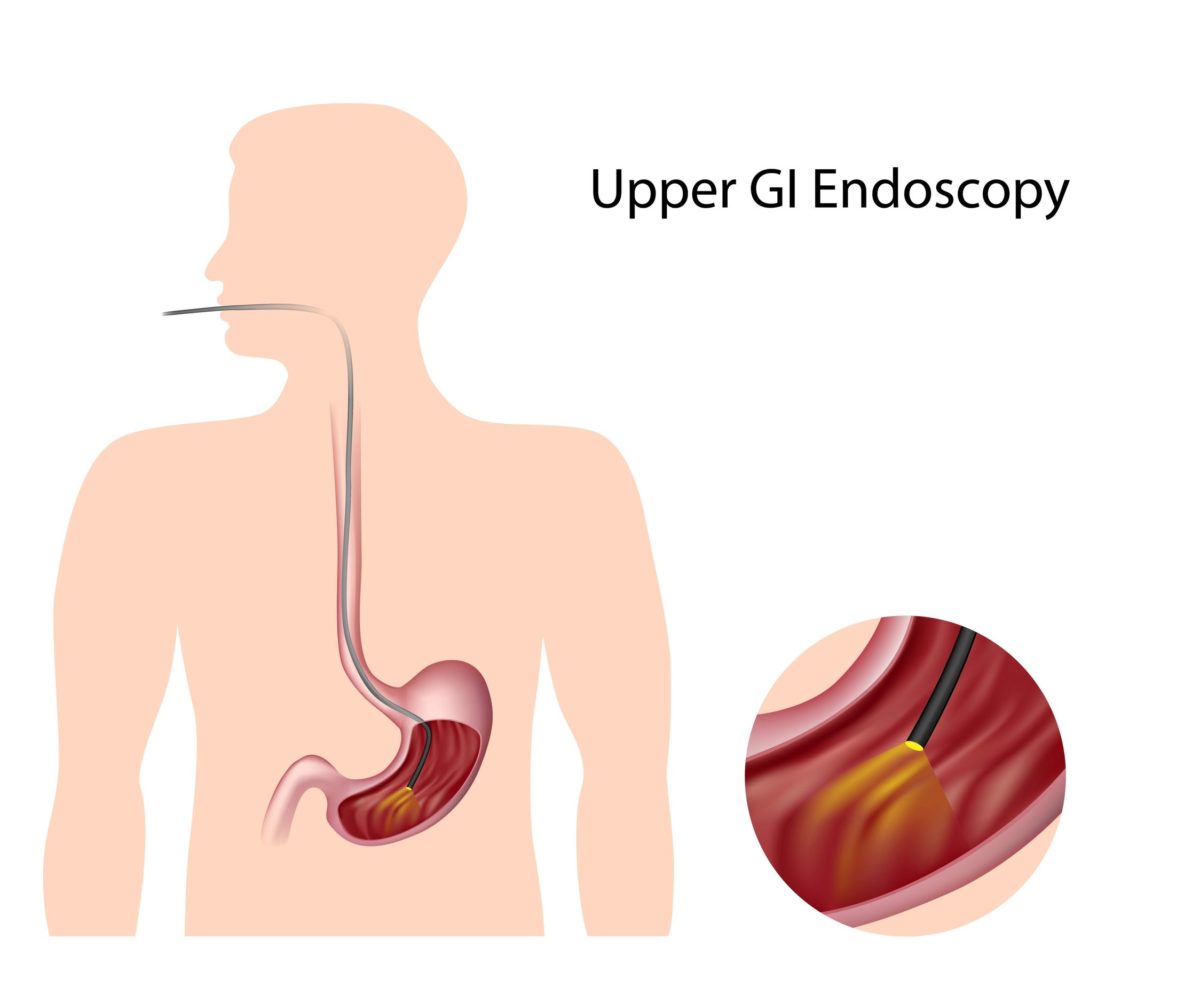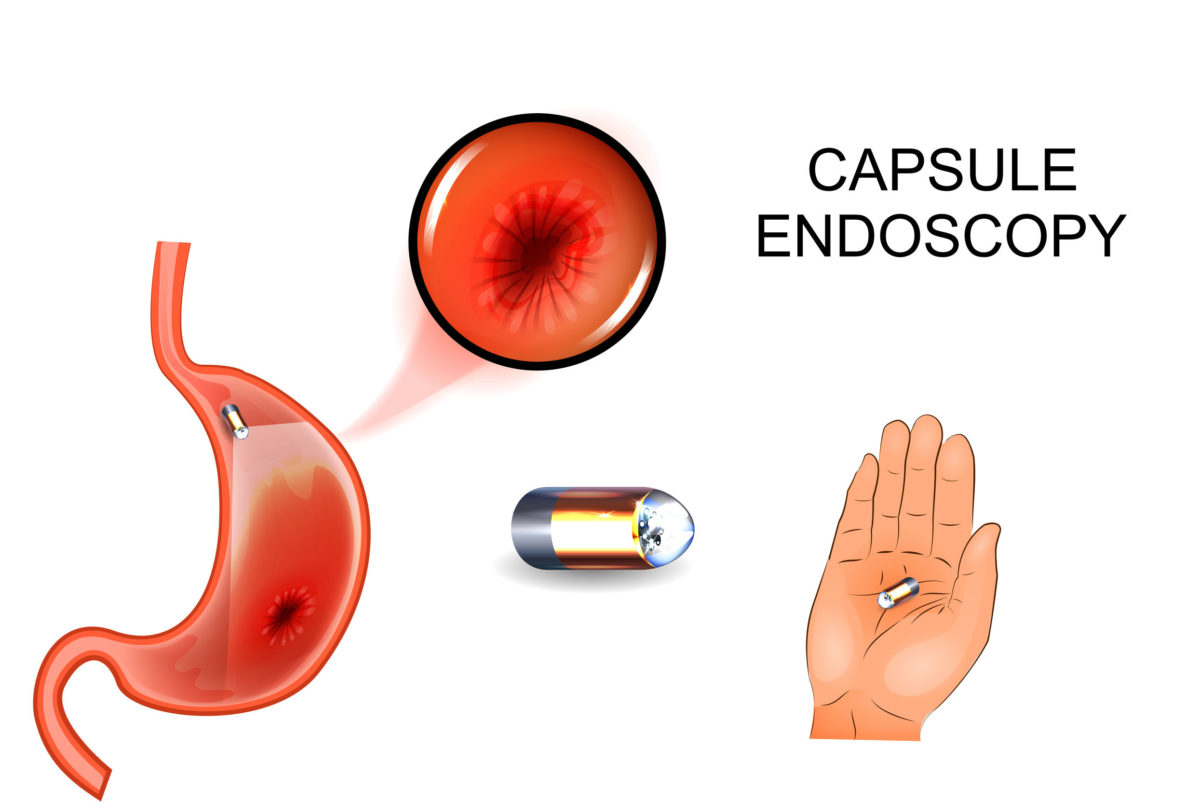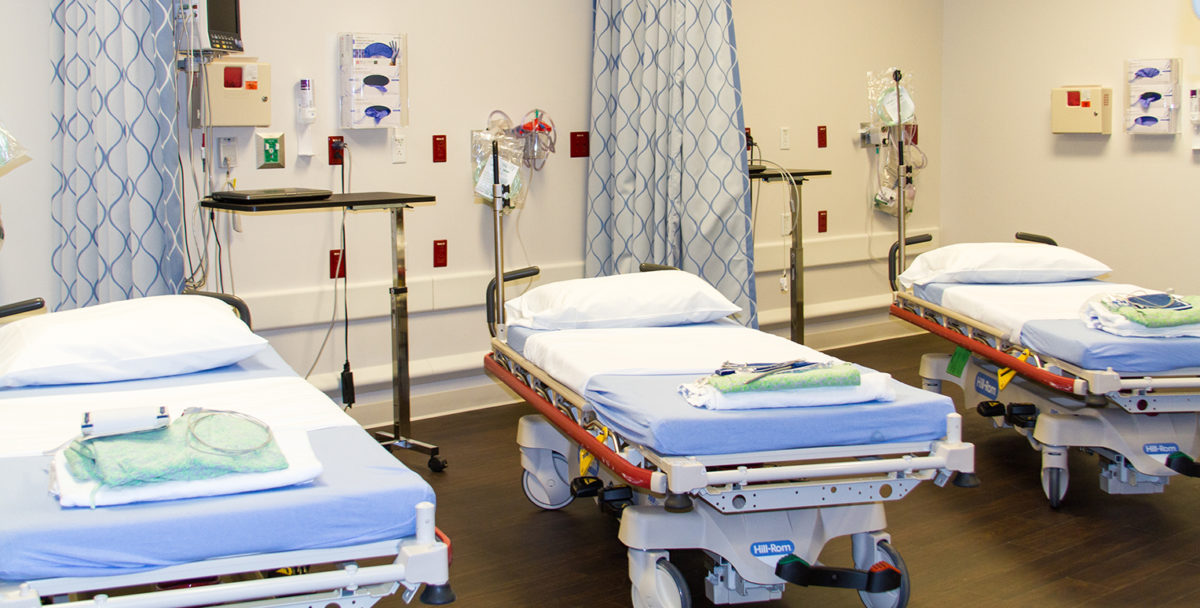If you have hepatitis C and you want to know if it can be cured, the short answer is yes. However, it has to begin with a visit to a gastroenterology professional who makes a proper diagnosis and then gets you on the right drug regimen. As experts write, “Revolutionary new medicines are making treatment for hepatitis C easier, faster, and more effective. Now, most people with hepatitis C on the treatments can be completely free of the virus in a matter of months.”
What happens if you don’t visit gastroenterology to get fully diagnosed or treated? It helps to know more about hepatitis C. It is often described as a silent epidemic because so many people have it and are totally unaware that they have been exposed to the virus. It can lead to severe liver problems, including liver failure. It has also shown links to the development of liver cancer. In fact, it is often a condition without symptoms until it has worsened to a far more serious degree.
For a long time, gastroenterology professionals and other medical experts were unaware as to the best treatment, or any treatment at all. Today, patients are usually diagnosed and placed on direct acting antiviral medications. These target the virus and suppress it to such a degree that the virus eventually dies out. The treatment is taken orally as a pill rather than an injectable medication. And they are effective in around 90% of the patients who are diagnosed and require care. There are some who have a more difficult to treat variation, yet even they can be effectively treated and cured.
However, it is very important to keep in mind that while your hepatitis C infection may be cured, there could be problems caused by the untreated condition. Those who were infected for longer periods of time without symptoms or treatment may struggle with liver or kidney issues caused by the virus. This is why it is so important to work with a gastroenterology specialist who can help you address everything that your hepatitis C infection might have caused.
Treatment varies from patient to patient in terms of the amount of time and the number of medications needed. Ultimately, your first step is to find your specialist in the Jacksonville, FL area. Digestive Disease Consultants in Jacksonville is an ideal solution and can help you get on the path to a cure for your hepatitis C condition.

